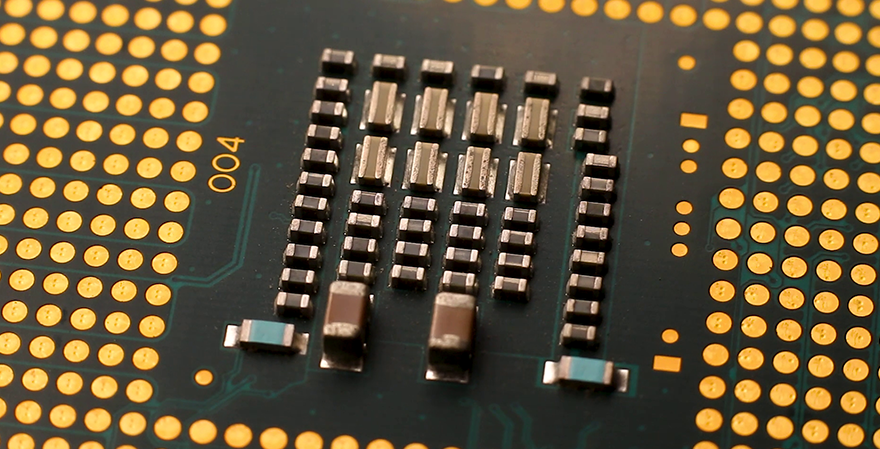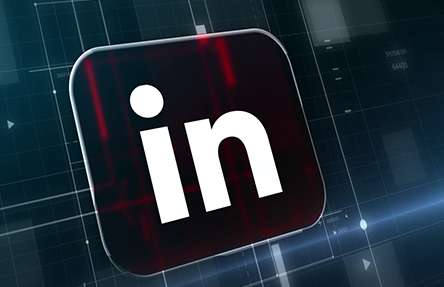Trump Eyes 10% Stake in Intel as SoftBank Buys In, Trademark Battles Underscore Brand Fragility
 Aug/19/2025
Aug/19/2025
Intel may soon become a rare hybrid of Silicon Valley tech and government oversight. After falling behind in the AI chip race, the company is in talks with the Trump administration over a possible 10% federal stake, even as SoftBank injects $2 billion into the beleaguered chipmaker. Intel’s battles are mounting on all fronts — from lagging fabrication tech to aggressive trademark defenses — at a moment when U.S. dominance in semiconductors hangs in the balance.
The idea of partial government ownership surfaced during a high-stakes meeting between President Trump and Intel CEO Lip-Bu Tan, days after the president publicly called for Tan’s ouster over his China ties. While talks are early and could unravel, a deal would mark an extraordinary shift in industrial policy. Intel is no stranger to Washington support—it’s already tapped for $8 billion under the 2022 Chips and Science Act—but converting that support into equity would give the White House new influence over the only U.S. firm capable of cutting-edge chip fabrication. Meanwhile, SoftBank’s $2 billion stock purchase offers a private sector lifeline, signaling cautious investor optimism even as Intel’s losses widened to $2.9 billion last quarter.
But capital alone won’t solve Intel’s deeper structural woes. The company has hemorrhaged $40 billion in cash over three years, and its 18A manufacturing process—meant to close the gap with TSMC—has struggled to attract third-party clients. CEO Tan has warned he won’t commit to future manufacturing lines without external demand, putting Washington’s reshoring dreams at risk. Beyond supply chain worries, Intel has also waged battles on the legal front: recent trademark opposition filings show the company continuing to defend its core brands, mostly — 'INTEL' or 'INTEL INSIDE' — in proceedings aimed at fending off potential market confusion. Following table shows trademark opposition cases brought by Intel, underscoring how brand integrity remains central even as structural overhauls and political scrutiny redefine the company’s identity.






















